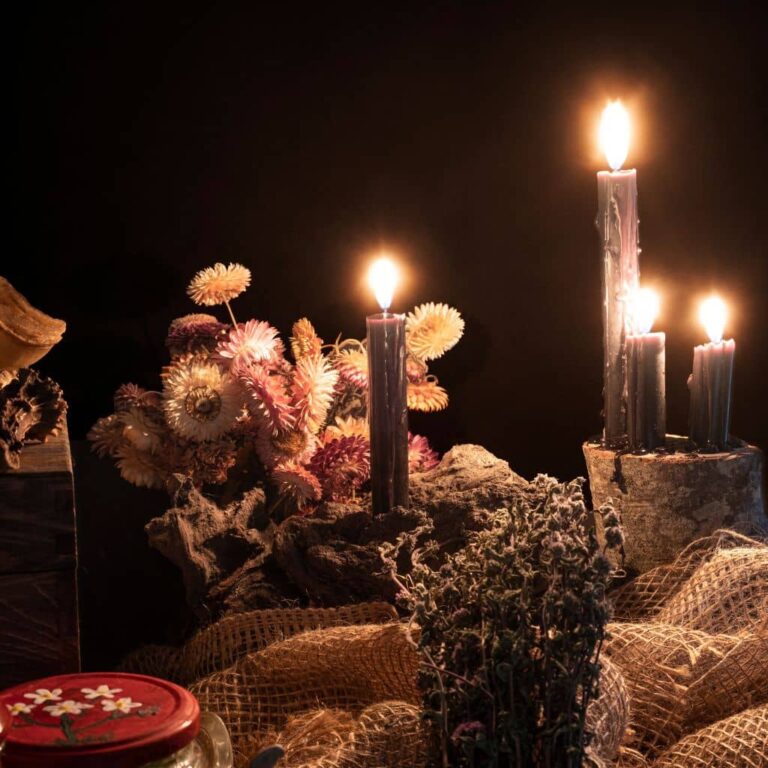Understanding Imbolc: Meaning and History
Imbolc, an ancient festival that marks the midpoint between the winter solstice and the spring equinox, it is a celebration deeply rooted in Celtic tradition. Historically, this marked the beginning of spring, a welcome change from the harsh winter. Traditionally celebrated on February 1 or 2, this festival is closely associated with the goddess Brigid, a figure revered in Irish mythology.
A goddess of fire, healing and fertility, Brigid represents the awakening of the earth and the return of longer, warmer days. Imbolc is also a time for purification and renewal, both physically and spiritually. The lighting of candles and fires during Imbolc symbolizes the return of warmth and the triumph of the sun over the dark winter days.
Imbolc’s historical roots are intertwined with agricultural practices. It was a crucial time for farmers as it marked the start of the lambing season. This period of new life and fertility was celebrated with rituals and ceremonies to invoke blessings for a prosperous year.
Over the centuries, Imbolc has evolved, blending pagan traditions with Christian customs. The festival was associated with Saint Brigid of Kildare, a patroness of Ireland, whose feast day falls on February 1. This syncretism gave rise to unique traditions that combined elements of ancient Celtic rituals with Christian practices.
In modern times, Imbolc remains an important festival for those following Pagan, Wiccan and Celtic spiritual paths. It is a time for reflection, setting intentions for the coming year and preparing for new beginnings. The creation of an Imbolc altar is a physical manifestation of these spiritual practices, allowing individuals to connect with the energy of renewal and hope that Imbolc embodies.
As we explore the deeper meaning of Imbolc and its traditions, we gain insight into how this ancient festival continues to inspire and guide people on their spiritual journey. The enduring relevance of Imbolc reminds us of the cyclical nature of life and the ever-present promise of rebirth and renewal.

